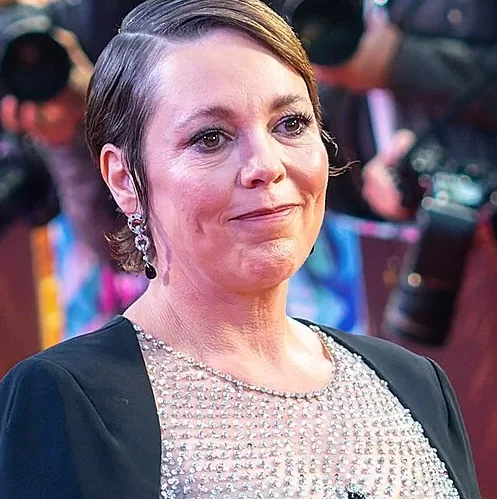Colman joins actors pledging to boycott Israeli film industry in protest over Palestinian suffering
Oscar-winning actress Olivia Colman has joined a group of left-wing film stars pledging to boycott Israeli cinema in response to the ongoing conflict in Gaza.
The 51-year-old actress, known for her roles in The Favourite and The Crown, is among a growing list of performers who have signed a public declaration vowing to “do everything possible to speak out against the harm done to Palestinians”.
The statement, circulated by campaigners on Monday, calls on actors and filmmakers to sever ties with Israeli cultural institutions until, they say, the occupation of Palestinian territories ends. Signatories argue that Israel uses cinema as part of a “charm offensive” to distract from what they describe as “oppression and violence” against Palestinians.
Colman, who once described herself as “one of those rare Left-wing monarchists”, has previously avoided direct involvement in Middle East politics. Her decision to align with this latest pledge signals a significant step into an issue that has polarised the arts world.
The boycott campaign has attracted other prominent names from Europe and Hollywood, with actors, directors and screenwriters declaring solidarity with Palestinians and urging cultural institutions to take a stand. The pledge states: “We cannot continue to participate in cultural activities that normalise or whitewash the suffering of the Palestinian people.”
Embed from Getty ImagesThe timing of the pledge coincides with ongoing legal and political disputes over Israel’s actions in Gaza, which human rights groups and campaigners have described as disproportionate. Supporters of the boycott argue that withholding cultural collaboration is one of the few non-violent ways to pressure Israel into policy change.
Critics, however, say the move unfairly targets artists and filmmakers who may have little influence over government decisions. Some warn that such boycotts risk deepening divisions within the global arts community, which traditionally prides itself on cross-cultural collaboration and freedom of expression.
In recent years, similar cultural boycotts have been launched across music, theatre and the visual arts. The movement draws inspiration from the international boycott campaign against apartheid South Africa, which activists argue played a pivotal role in bringing about change.
Colman has not issued an individual statement beyond her signature, but her involvement has already sparked heated discussion. Admirers see her participation as a bold stance from one of Britain’s most respected actresses. Detractors accuse her and fellow signatories of politicising cinema and isolating Israeli creatives.
The Israeli government has previously condemned boycott campaigns, calling them discriminatory and counterproductive. Officials argue that Israeli cinema itself has often hosted films critical of government policy, providing a platform for dissenting voices within the country.
Despite this, momentum behind cultural boycotts continues to build as the conflict drags on. Pro-Palestinian groups are likely to use Colman’s endorsement as a powerful recruiting tool, citing her international profile as proof that mainstream voices in film and television are increasingly willing to challenge Israel publicly.
The actress remains a towering figure in global cinema, with her career spanning comedy, drama and period epics. For campaigners, her support offers a high-profile spotlight on a cause they believe is too often ignored.
Whether this latest pledge will shift public opinion or political policy remains uncertain. But in signing, Colman and her peers have signalled that the battle over the Israel–Palestine conflict is being fought not only on the ground, but on the screens and stages of the world’s cultural capitals
